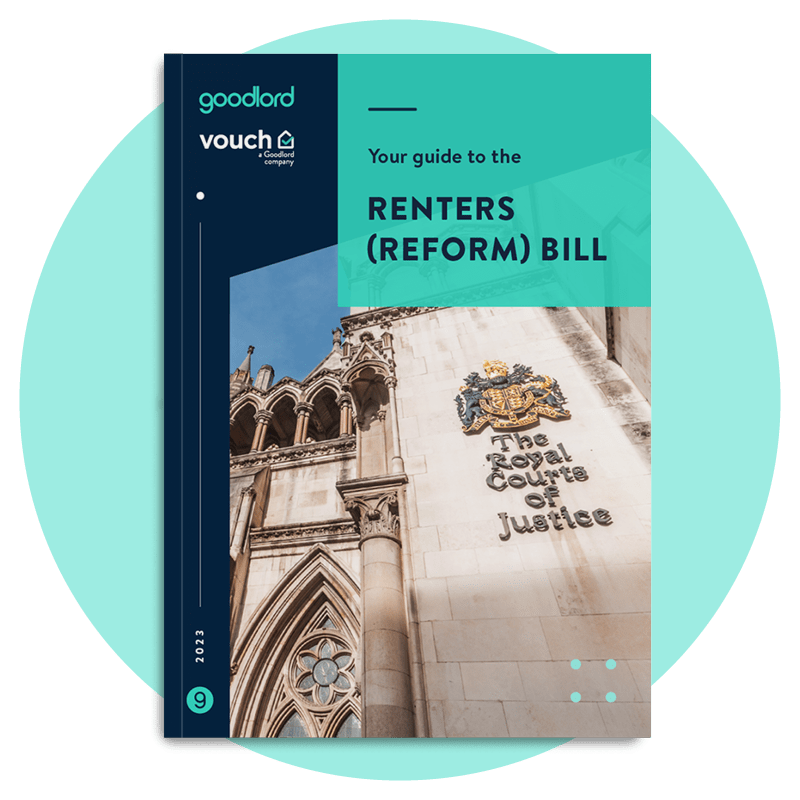How could rent controls affect housing supply?
The Mayor of London has called for the powers to re-introduce rent controls in the city. We look at how rent controls previously impacted housing supply in England in the past, and their effect overseas.
Rent controls could be on the horizon in London, following in the footsteps of Berlin, where rents will be frozen for five years from 2020, and Paris, which re-introduced rent controls in July, only two years after scrapping them. Mayor of London Sadiq Khan has called for the re-introduction of rent controls in the Capital, but what could this mean for the city’s private rented sector?
Rent controls were introduced in England after World War I when demand for housing outstripped supply. Although the controls were originally intended as a temporary measure, they continued to apply to some homes until January 1989.
Rent controls coincided with a decline in the private rented sector, according to research published by the House of Commons. The PRS made up nine-tenths of the housing stock in 1915, but had reduced to one-tenth by 1991, with rent control identified as a factor in this decline.
It has been widely argued that there is “a direct correlation between reduced rental returns and reduced investment in the sector”, however, there were other factors that contributed to the sector’s decline, including the availability of alternative forms of investment and increased home ownership due to rising incomes and the availability of mortgages.
There’s also an argument that rent controls contribute to the dilapidation of homes, because “landlords see no return for the investment in maintaining their properties”. But they can also have the opposite effect: a recent study by Stanford University found rent controls introduced in San Francisco in 1979 actually resulted in landlords converting their buildings into expensive apartments, a major factor in the gentrification of the city.
Khan’s report called for the powers to implement a new system of rent control in London, including how existing rents could be gradually reduced and then limited within and between tenancies, as well as the powers to limit rent increases within and between tenancies whilst the proposed system is being implemented.
The Mayor of London doesn’t have the powers to mandate law changes in London and the Conservative Party does not support rent controls. However, rent controls are backed by Labour and, with a general election a real possibility in the not-so-distant future, Khan’s proposals should not be dismissed out of hand.








